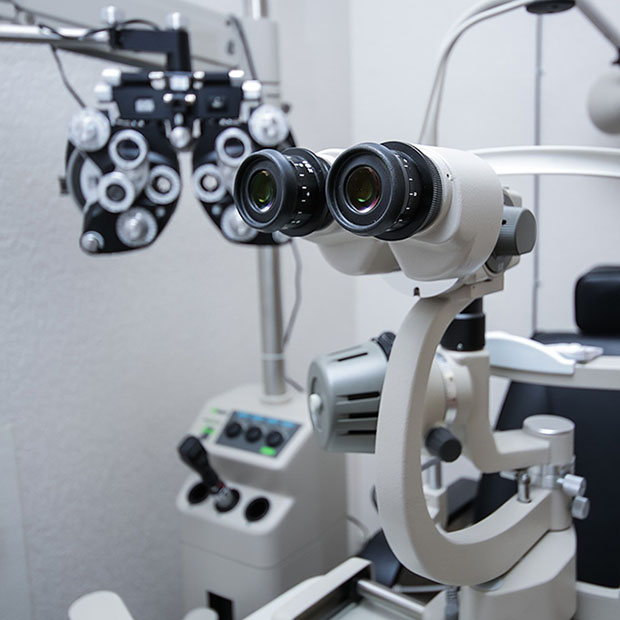Questions Our Patients Often Ask Us

Many of our patients come to us with the same questions without realizing it.
These are some of the questions we hear most often, and we’re sure that more people haven’t spoken up but don’t know the answers either.
1. “How often do I need to visit the optometrist?”
Every patient is unique, but in general, if you don’t need glasses or contacts, we encourage you to get an eye exam every other year. If you require vision correction or are over 60, we recommend coming in on a yearly basis. Vision correction isn’t the only reason regular eye exams are important; they’re also important for eye health. Eye care professionals are also often the first to identify chronic diseases such as diabetes, hypertension, and high cholesterol.
2. “Does wearing glasses make my eyes weaker?”
The idea that wearing glasses will make your eyes weaker is a myth. It’s a lot easier to tell the difference between clear and fuzzy than between fuzzy and fuzzier, so when your prescription gets stronger after wearing glasses for a while, it might seem like your eyes are getting worse at a faster rate than they were without glasses, but they’re not.
Another factor contributing to the myth is that a new pair of glasses sometimes takes up to a few days to get used to, during which time you might experience eye strain or minor headaches. Your eyes aren’t getting worse in the process, though; they’re just adapting.
3. “Am I hurting my eyes by staring at my computer screen all day for work?”
Extended screen time is one of the main causes of eye strain, yes, but it won’t lead to long-term damage. Eye strain can be unpleasant enough on its own, though, and you can reduce your symptoms by following the 20-20-20 rule: every twenty minutes, take a twenty-second break from staring at the screen and focus on something twenty feet away. This will give your eyes a much-needed break.
4. “What does 20/20 vision mean?”
“20/20” is a fraction that describes visual acuity, or sharpness of vision, measured at a distance of 20 feet. Having 20/20 vision means you can see the same level of detail at 20 feet as the average person with healthy vision. The bigger the bottom number is, the worse the person’s visual acuity is. (And some people actually have better vision than 20/20!)
5. “What are those weird clear blobs floating around in my vision?”
If you’ve ever noticed odd shapes like see-through caterpillars or cobwebs floating in the air, these are called floaters. As we age, protein fibers in our eyes start clumping together, making them less transparent. They can cast a shadow on the retina, which is how we notice them. Sometimes they’re distracting, but a few floaters here and there is nothing to worry about. If you suddenly see a lot more of them, that’s when it’s time to get to the eye doctor.
We Love It When Our Patients Ask Questions!
We hope these answers have been eye-opening for you! The more educated you are about your eyes, the more confident you will feel about making decisions for your vision health. If you have any questions we didn’t cover here, give us a call or stop by our office!